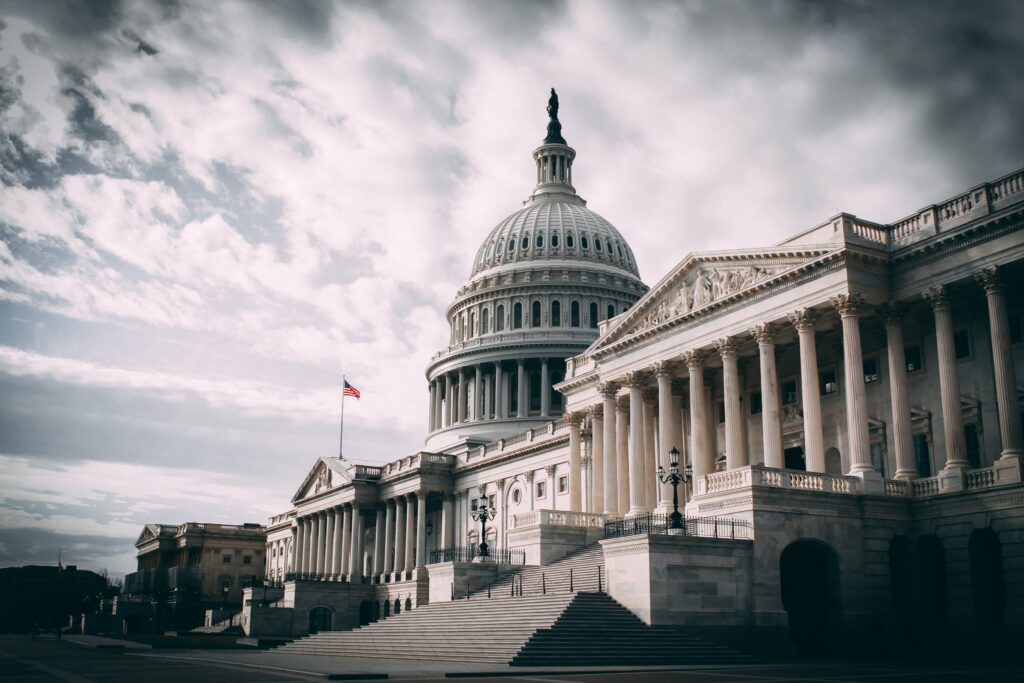

On Thursday 15 October, President Trump released the “National Strategy for Critical and Emerging Technologies”, which aims to maintain American leadership in fields such as artificial intelligence (AI), communication and networking technologies, semiconductors, space technologies, advanced manufacturing, autonomous systems, data science and storage, distributed ledger technologies, energy, quantum information science and military.
The strategy is a follow-up document to the National Security Strategy released in December 2017, which calls for the U.S. to lead in science and technology (S&T) by prioritizing emerging technologies critical to economic growth and security. The new strategy is clearly aimed at countering China and Russia, who have exploited U.S. technology in their efforts to advance national science, technology and military capabilities.
The central goal of the strategy is to ensure the U.S., with its allies and partners, will continue to be the world leader in critical and emerging technologies (C&ET). It lays out three ways to achieve this goal:
- lead in the highest-priority C&ET areas;
- be a contributing peer with allies and partners in high-priority areas; and
- manage risk in the remaining areas.
In addition, the strategy outlines two “essential actions” required to maintain worldwide C&ET leadership:
- Promote the National Security Innovation Base (NSIB): The U.S. will make a sustained, long-term investment in all aspects of the NSIB, including: science, technology, engineering and mathematics (STEM) education; an advanced technical workforce; early-stage R&D; innovation-friendly regulations; venture capital; collaboration between government, academia and the private sector; and working with allies and partners.
- Protect the U.S.’ technology advantage: The U.S. will root relationships in fairness, reciprocity and faithful adherence to agreements; strengthen rules where gaps exist; enforce agreements; work with like-minded allies and partners to ensure shared principles prevail; and defend the NSIB through domestic and international collaboration between companies, industries, universities and government agencies.
The strategy is a continuation of the administration’s effort to shore up American technological dominance and protect U.S. national security in the face of a rising China. Other aspects of this effort include protecting the U.S. telecommunications supply chain, strengthening 5G network security and preventing emerging and foundational technologies from ending up in the hand of the Chinese Communist Party (CCP) or China’s military. For example, the Department of Commerce’s Bureau of Industry and Security (BIS) is in the process of updating its export control rules to account for emerging and foundational technologies and is currently seeking public input on the latter.
This newly released strategy and related administration efforts signal fresh opportunities for tech firms to tap into federal funding, influence U.S. government policies and shape international rules in ways that benefit their business. Absent private sector input, these efforts could have unintended consequences that do more harm than good. Access Partnership recommends that tech firms – particularly in the fields of telecommunications, semiconductors, data storage, artificial intelligence (AI) and space technologies – approach the U.S. administration as a willing partner to take advantage of these opportunities and mitigate potential risks stemming from misguided policy. As a first step, firms should consider providing input on the Department of Commerce’s advanced notice of proposed rulemaking on foundational technology export controls. Comments are due by 26 October.